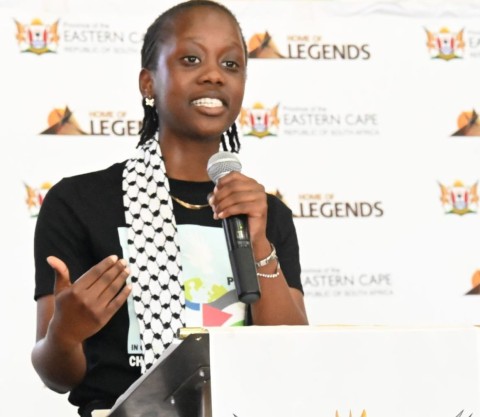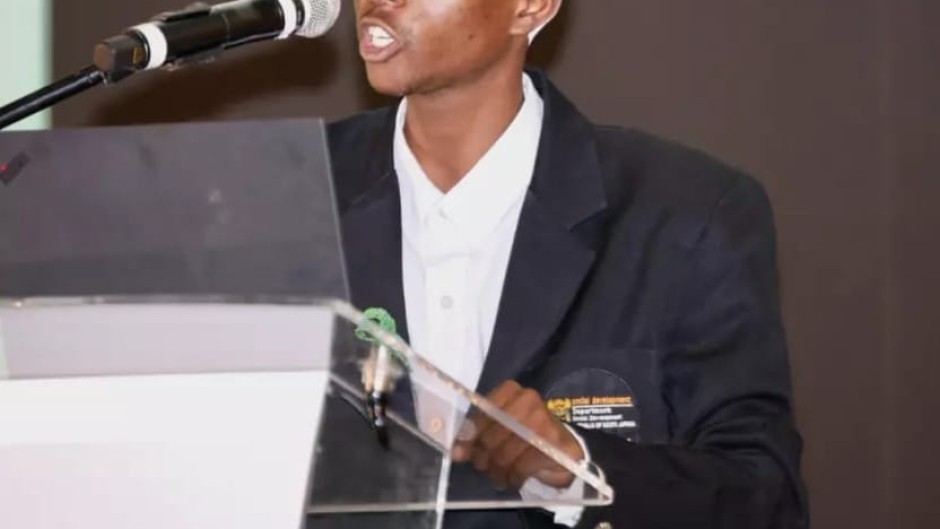JOHANNESBURG - Schools continue to be a breeding ground for sexual predators and this had made it hard for pupils to feel safe and secure.
This is according to Dikgang Morudu the President of the Nelson Mandela Children's Parliament who spoke to eNCA following a report by the South African Council for Educators (SACE) on sexual violence by teachers within schools.
According to the report, at least 22 teachers have been axed after they were found guilty of serious crimes including sexual misconduct between 2023 and 2024.
Morudu says he’s concerned by the rising cases of abuse which bring into question the trust between teachers and pupils.
He says when that trust is broken, it affects not only the child but the school as a whole.
He noted that although reporting channels exist, many pupils feel they lack confidentiality.
“Pupils biggest fear is that certain information shared will be passed along, compromising their privacy. Pupils are suggesting confidential third-party reporting mechanism. At the same time, we need open communication and an environment that allows pupils to feel safe to speak out,” he said.

National Speaker for the Children’s Parliament Khazimla Adam speaks out on sexual misconduct within schools,
On the other hand, Khazimla Adam, Speaker of the Children’s Parliament, agreed, saying schools are no longer safe havens and that even young boys and girls are victims. She says these incidents often lead to psychological damage, depression, and a loss of interest in school.
“This behaviour deters from the education that we want but also pupils get affected in the long run and affect who they become in future,” she said.
Adam believes guilty teachers should face the full might of the law and not just have their names struck off the teachers’ roll.
Nomusa Cembi from the South African Democratic Teachers Union (SADTU) also condemned sexual misconduct within schools and said it goes against their policy as well as the profession.
“It is sad to hear that teachers are acting this way more especially because they play an important role within our schools and act in the place of the parent. We do not support this behaviour as it goes against the code of conduct and the profession,” she said.
She went on to support calls by pupils to have the law take its course when it comes to crimes like these.
According to South African Council for Educators (SACE), the indefinite removal from the register of practising teachers, is the harshest sanction meted out which strips them off their right to teach.
On a national level, some cases are tracked by the Educators Labour Relations Council (ELRC).
One Gauteng teacher was found guilty of five sexual misconduct charges last year, including assaulting three pupils and two teachers.
In another case, a teacher from Mpumalanga was found guilty of sexually assaulting and beating a pupil.
Education expert, Hendrick Makaneta, pointed out a major problem with how teachers’ backgrounds are checked.
He said teachers only go through a criminal background check when they have to get a certificate from SACE, allowing some to escape consequences if they commit crimes later.
Makaneta also mentioned that some parents allegedly take bribes from accused teachers to avoid reporting them, which let these teachers stay in schools and harm more pupils.
He called for a centralised point to deal with this issue and ensure that guilty teachers are held accountable.
Education Department Spokesperson, Elijah Mhlanga, says they are tackling the matter head on.
Mhlanga says officials continue to engage teachers about maintaining integrity within the sector but a lot rely on the ELRC to enforce strict sanctions against guilty teachers.
When taking the matter forward as a criminal case, Mhlanga said the department cannot open a case on behalf of victims, but can support them when they do.
By Zandile Khumalo


